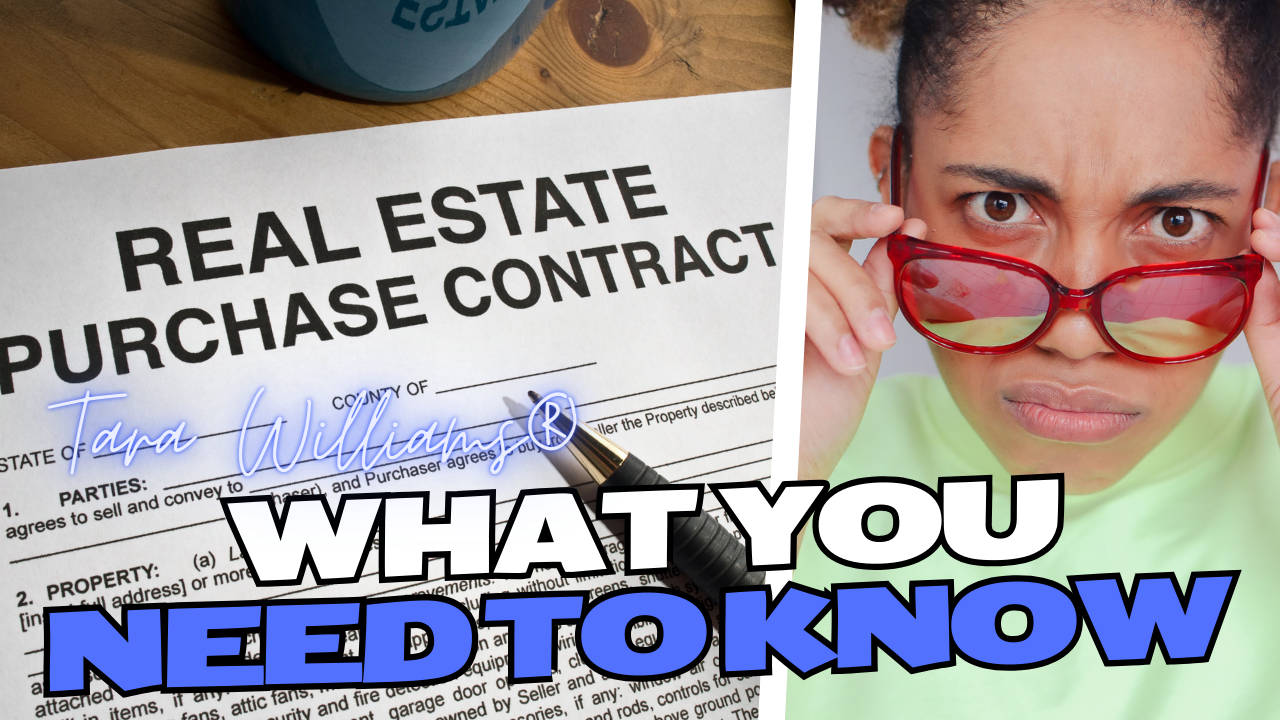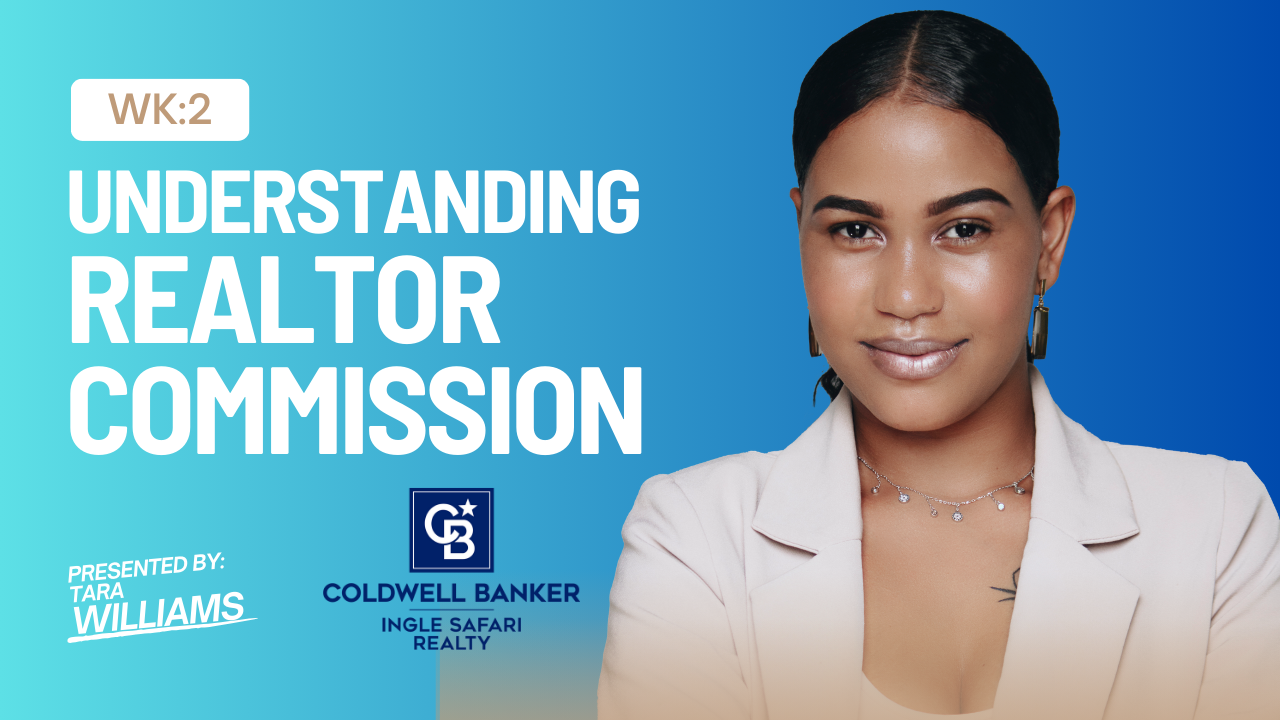
When selling your home, it’s important to strategize how to attract buyers without breaking the bank on concessions. Offering the right incentives can make your property stand out in a competitive market. Here are some cost-effective concessions to consider:
- Closing Cost Assistance: Instead of reducing the sale price, consider offering to cover part of the buyer’s closing costs. This can be appealing to buyers who are cash-strapped after making a down payment.
- Home Warranty: Providing a home warranty can give buyers peace of mind about potential repairs. Often, the cost of a home warranty is relatively low compared to major repairs buyers might worry about.
- Decorative Allowance: If your home needs minor updates or repairs, offering a decorative allowance can be more appealing than completing the work yourself. This lets buyers personalize the home to their tastes.
- Conveyed Items: Consider leaving behind items like appliances, light fixtures, or window treatments. This can be attractive to buyers and saves you the hassle of moving these items.
- Prepaid Utilities: Offering to cover a few months of utilities can be a nice perk for buyers, especially if they’re moving from out of town.
- Home Inspection Coverage: Paying for a pre-listing inspection and providing the report to potential buyers can build trust. Offering to address any issues discovered or providing a home warranty can alleviate concerns.
- Flexible Closing Date: Being flexible with the closing date can be a huge benefit to buyers, especially those with specific timing needs.
Remember, the goal is to sweeten the deal without significantly impacting your bottom line. Discuss these options with your real estate agent to determine which concessions make the most sense for your market and situation. By offering thoughtful concessions, you can make your home more attractive to buyers while keeping costs in check.


 Facebook
Facebook
 X
X
 Pinterest
Pinterest
 Copy Link
Copy Link





 Common Pitfalls to Avoid:
Common Pitfalls to Avoid:


















